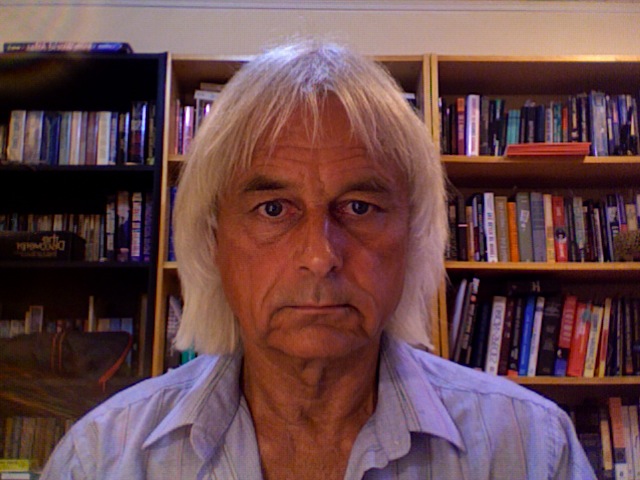Professional economists and economic policymakers believe the models are the reality; and they try to force the real world to perform as the models say it "should". The models are real. Reality is wrong. How many times each day do you hear the faithful condemning sinners: governments whose actions "interfere with the beneficent workings of the invisible hand of the market"? How many times each day do you hear the faithful blaming the world economy for failing to perform as it "should" -- according to the economic theologians?
Economics is not an empirical science that observes, describes and explains reality. It is a moral art that preaches how reality should be. But it masquerades as a scientific explanation of actual reality.
The world does not work anything like mainstream economics says it works. So the economics-industrial complex blames the world for being "wrong", because its acolytes maintain blind ideological certainty that their theories and models are "right". Not just right as ideas about economic reality. They believe that when they stir the smoldering cauldron of their econometric models, they are looking at reality itself.
The economics profession assumes money "just exists". Via some metaphysical process measureless to man (gracias, Coleridge), growing carrots somehow causes the money that is used to buy the carrots. Possibly via wormholes through the spacetime continuum, the money makes its way into the pockets of carrot eaters who buy carrots from the carrot growers. Carrot sellers then deposit the money in banks as their savings, and banks lend out people's savings to borrowers. Banks are financially neutral "intermediaries" between savers and borrowers. Banks certainly have no power to 'add' to the quantity of money that savers save and borrowers borrow. Surely banks don't simply conjure money into existence out of nothing: that is "impossible". Surely it is carrot-growing that causes money.
Sorceries. Incantations. Witches brews.
After the 2008 monetary system collapse, eyes began opening to the reality of money and banking; and to the blind absurdity of mainstream macroeconomics in which money and banks do not meaningfully "exist". Now with Obama pushing fast track of 'trade' agreements (TPP, TTIP, and especially TISA that forbids public bank competition to the private bankers' money monopoly) that legally establish the supranational sovereignty of bankers and corporations OVER the governments of nations, even more eyes are opening.
During the reign of the British Empire, City of London bankers (and their American and European branches) wielded their monopoly over issuance of the British pound sterling as their tool of global monetary sovereignty. At Bretton Woods after WWII, the Empire of Money was formally transferred to the US gold-dollar system; though Money Central had already slouched across the pond to Wall St over the first half of the 20th century. The City, and the European and Asian money centers, remain key cogs in the money machine. Smaller subsidiary cogs are distributed everywhere on Earth. Central bankers of the world meet frequently at the Bank for International Settlements in Basel, to coordinate global monetary policy. Or rather, for the masters to hand down policy to the subordinates.
If oil is industrial civilization's lifeblood, money is its nervous system. Money transmits information and energizes activities throughout the corporate body of the global economy. Whoever controls money is the "mind" and possesses the "will" that controls the information flows and the activities of the whole body. The mind determines the whole body's interests and purposes, and directs the body's members to produce those outcomes.
Next Page 1 | 2 | 3 | 4 | 5 | 6 | 7 | 8 | 9 | 10 | 11 | 12 | 13
(Note: You can view every article as one long page if you sign up as an Advocate Member, or higher).





